
The University's commitment to rigorous and innovative research in Asia is as old as its founding. The establishment of Centers in Beijing and Delhi as well as the Yuen Campus in Hong Kong extend the University of Chicago’s collaborative work with Asia-Pacific partners, alumni, and community at large. Highlighted below is UChicago's engagement within the region, including pages for India and Greater China, where the University maintains a physical presence.
The UChicago academic community expands across the region including medical research at the UChicago Research Bangladesh, collaboration to find high energy cosmic rays at the Japanese Module of the International Space Station, and the study of East Asian art traditions through the lens of history and culture facilitated by the Center for the Art of East Asia.
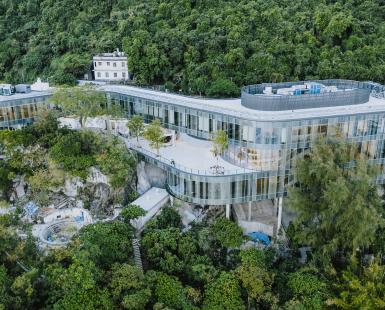
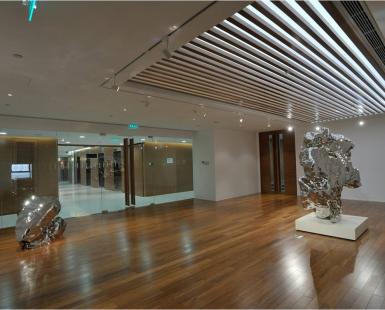
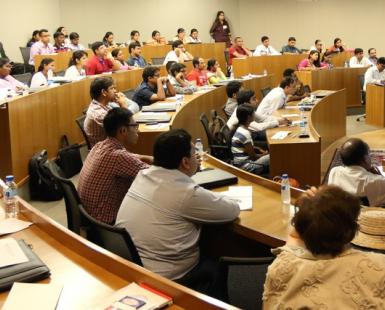
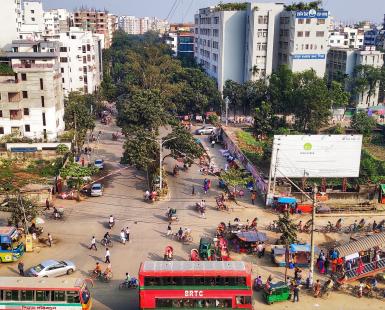
The Center for the Art of East Asia at the University of Chicago is an internationally renowned academic center dedicated to the study of East Asian art and visual culture.
The Center for East Asian Studies at the University of Chicago is an interdisciplinary nexus and clearinghouse for East Asian Studies that supports academic activities, research, outreach, and public events to promote greater understanding of China, Japan, and Korea.
The Energy Policy Institute Center confronts the global energy challenge by ensuring energy markets provide access to reliable, affordable energy needed for growth, while limiting emissions that cause climate change and damages to the environment.
The Committee on Southern Asia Studies facilitates research, teaching, and events related to Southern Asia, fostering one of the most vibrant, cross-disciplinary scholarly communities dedicated to research and teaching in Southern Asia.

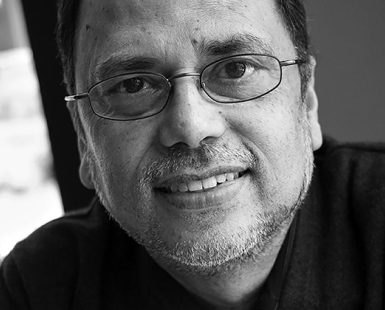
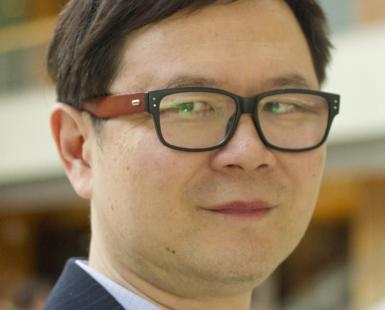
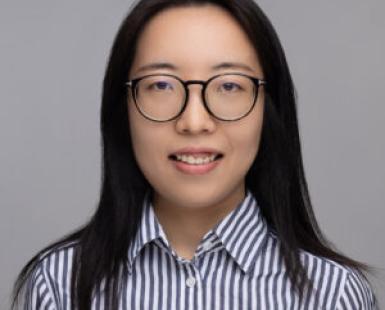
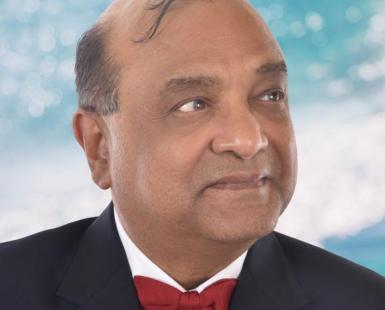
The Indian Institute of Technology Bombay (IIT Bombay) and the University of Chicago announced a science and technology partnership to promote cooperation in fields such as quantum information science, climate and energy, advanced microelectronics, artificial intelligence and data science.
Using population genetics methods on both modern populations and ancient DNA samples, Maanasa Raghavan's lab investigates how a population’s demographic, cultural, and environmental history is reflected in its genetic profiles.
The U.S. Agency for International Development and University of Chicago Harris School of Public Policy recently conducted a five-day high impact workshop on "Behavioural Insights to Advance Policy Innovation," attended by 50 senior team members from USAID South Asia, NITI Aayog Government of India, and Capacity Building Commission of India.
Buddhism and Comparative Constitutional Law, believed to be the first class in the world devoted to Buddhism’s relationship with constitutional practice, features leading scholars of anthropology, political science, religion, and law present works-in-progress to a global audience.
On Jan. 18, during the World Economic Forum annual meeting in Davos, Switzerland, President Alivisatos signed a letter of intent with President Ryu Hong Lim of Seoul National University and President Teruo Fujii of the University of Tokyo to cooperate on a full range of quantum science and technologies.
Through traditional and distributed ethnographic methods, a research team of UChicago faculty and researchers are exploring the lived experiences of Cambodian migrants from rural villages to urban centers; the factors that drove the decision to migrate; and the changes that result from becoming urban.